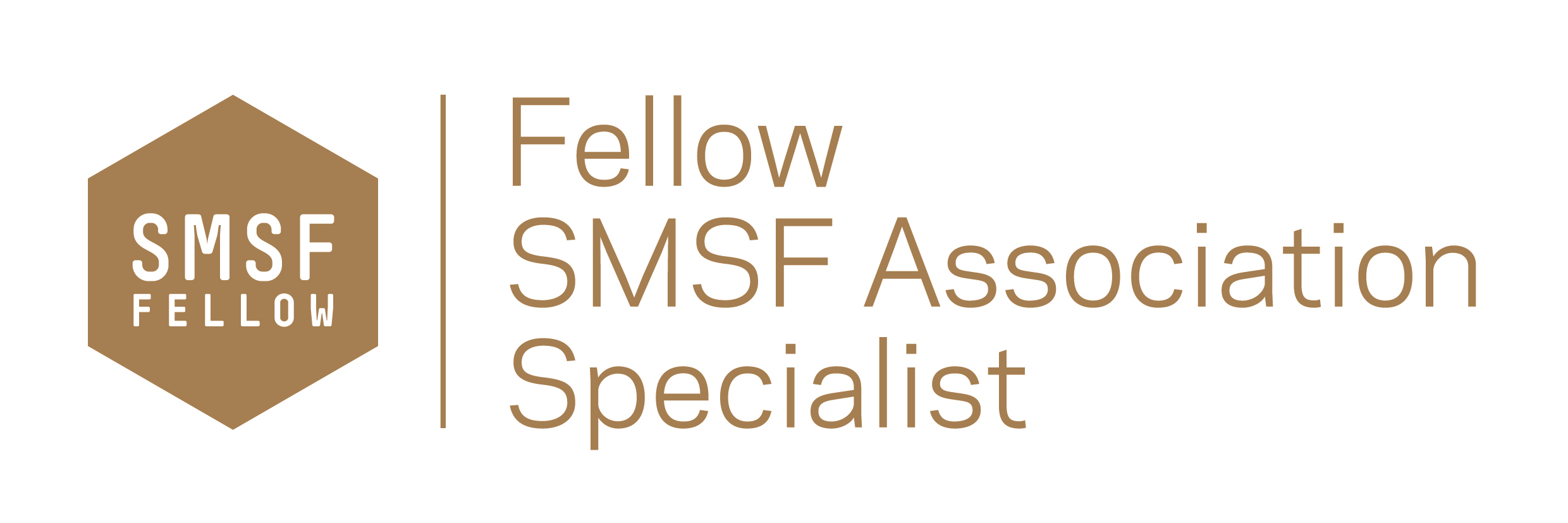
Retirement planning is vitally important and with the new rules it may be more important to start as early as possible. New limitations on contributions to super will mean you must be actively making additional contributions sooner. Then when you have been working hard to get money into the super environment, and have complied with all the rules and contribution caps, you want to ensure you are maximising your opportunities when you start to draw on your super savings for a retirement income stream.
What are the changes?
- A maximum limit of $1.6 million is permitted to be transferred into retirement income stream products.
- Excessive balances can remain in super in accumulation phase
- Earnings on assets supporting transition to retirement income streams will be taxed within super
Limits on amounts that can be transferred into retirement income streams
There has been considerable talk in recent times about whether a limit should be placed on the amount that can be accumulated within super and afforded tax concessions. Rather than simply place an arbitrary ceiling on how much can be held inside super, the Government has instead targeted potentially excessive superannuation balances by limiting the amount that will be eligible for the nil tax on earnings concession. From 1 July 2017, the maximum amount that can be placed into retirement income streams will be $1.6 million. For anyone who has started income streams and account balances exceeding that limit, there will be a requirement to roll-back (or withdraw) amounts to bring them in line with these new maximums. The current tax free status of earnings on assets supporting superannuation income streams will only be available to the extent that the income streams are within this new limit.
Excessive balances can remain in superannuation
There is a lot of media hype and some misconceptions floating around at present. It’s important you understand that if you are in the fortunate position to have more than $1.6 million in super, you aren’t forced to withdraw the additional benefits. Amounts above the $1.6 million threshold can remain in super, but must remain in the accumulation phase. Earnings will be taxed at the standard superannuation tax rate of 15% which for many people will be better than paying their marginal tax rate on the earnings if they take the funds out of the system.
Also remember if you have $1.6m in pension then if you take the excess funds out of your SMSF then you will not have an opportunity to put the funds back in as you will be blocked form making further non-concessional (after tax) contributions.
For some, it may be worthwhile to explore taking some of the excess out in to your own names after July 2017 if you have a low level of assets outside in your personal names or through family trusts. But remember if you’re minimum pensions from the remaining money in superannuation pensions is more than you need to live on then these funds can build up quickly outside of the system and you could be come taxable now or when the first spouse passes.
Earnings on assets supporting transition to retirement income streams will be taxed within super
Despite considerable speculation, the Government has not removed the ability to commence and run transition to retirement (TTR) income streams. TTR income streams are available to you once you reach your preservation age. They allow you to access your super in the form of an income stream without the need to retire or alter your employment arrangements. However, the Government has opted to reduce the concessions available for these income streams. From 1 July 2017, instead of earnings on assets supporting these income streams being exempt from tax within the super environment (as would apply to all other income streams within the new $1.6 million threshold), earnings will instead remain subject to the standard 15% tax rate that applies to funds in accumulation phase.
So for those accessing their super via a TTR so they can salary sacrifice more of their wages back to super within the new $25,000 limit from 1 July 2017, then this is still a very valid strategy. How ever if you have the savings and can manage without accessing your super balance then it may be better to move your fund to accumulation phase.
Look for opportunities to change from a transition to retirement income streams to a full account based pension
If you retire before 60 or leave any one employer after age 60 then you can switch your TTR to a full tax free pension. So think about your situation and do you or can you do marking of exams, AEC electoral role work, stocktaking, Christmas short term employment, part-time survey work, bar work, filling in for family in a business while they go on holidays. If you can document a work arrangement and it genuinely ceases then you can meet that further condition of release which could move your fund in to tax free earnings phase again.
Summary
What hasn’t changed is the tax treatment of superannuation benefits received by individuals from their retirement savings. Payments received after reaching age 60 will continue to be received tax free. To ensure you get the right advice for your situation give us a call on 02 9984 1844 or click here to schedule an appointment
We have offices in Castle Hill and Windsor but can meet clients anywhere in Sydney or via Skype.
Liam Shorte B.Bus SSA™ AFP
Financial Planner & SMSF Specialist Advisor™
Tel: 02 98941844, Mobile: 0413 936 299
PO Box 6002 BHBC, Baulkham Hills NSW 2153
5/15 Terminus St. Castle Hill NSW 2154
Corporate Authorised Representative of Viridian Select Pty Ltd ABN 41 621 447 345, AFSL 51572
This information has been prepared without taking account of your objectives, financial situation or needs. Because of this you should, before acting on this information, consider its appropriateness, having regard to your objectives, financial situation and needs. This website provides an overview or summary only and it should not be considered a comprehensive statement on any matter or relied upon as such.
Image courtesy of Stuart Miles at FreeDigitalPhotos.net















Financial Advisor
/ September 15, 2017As a financial planner, I totally understand where you’re coming from.
I read your site fairly often and I enjoy your posts. I shared this on twitter
and my followers enjoyed it too. Kepp up the good work!
LikeLike
SMSF Coach - Liam Shorte
/ September 15, 2017Thank you for the positive feedback and for sharing
LikeLike
Helena
/ August 31, 2017I would like to make an appointment with an individual financial adviser about retirement advice.
LikeLike
SMSF Coach - Liam Shorte
/ September 1, 2017Hi Helena
I will send you the appointment options by email or you can click on the Schedule now link on the left handside of the webpage.
Hopefully see you soon
Liam
LikeLike